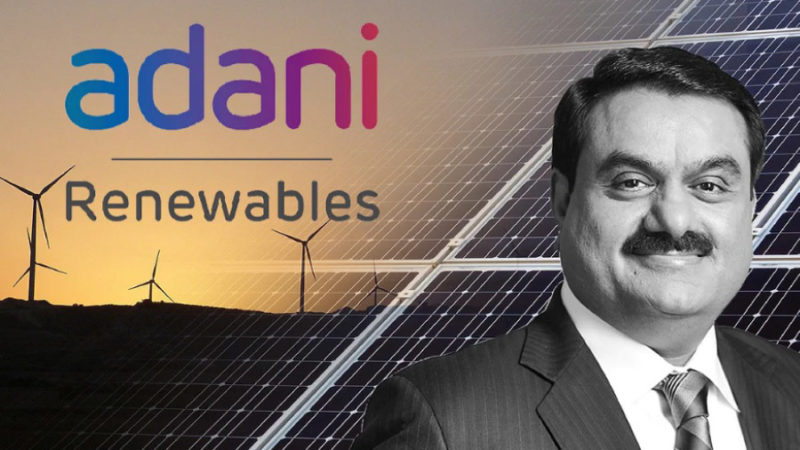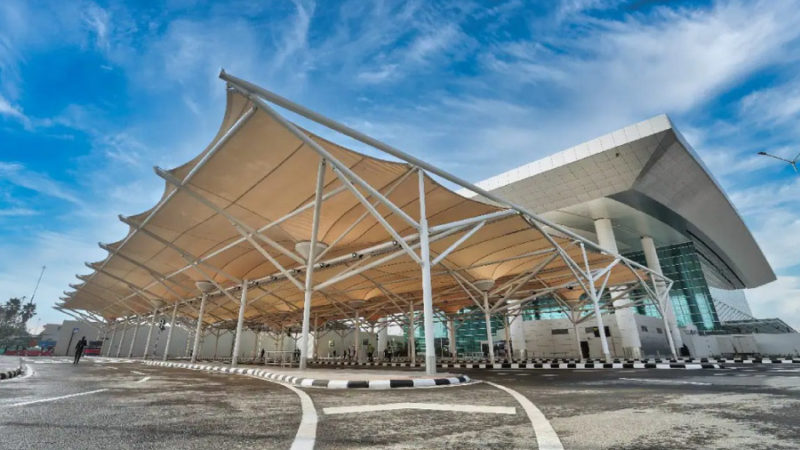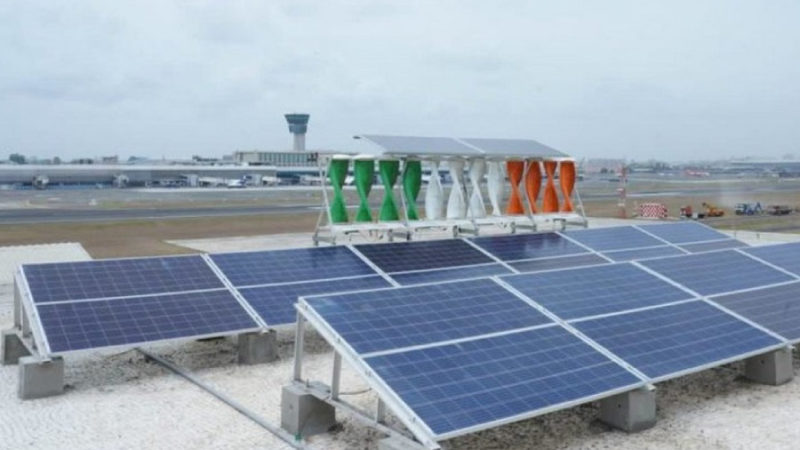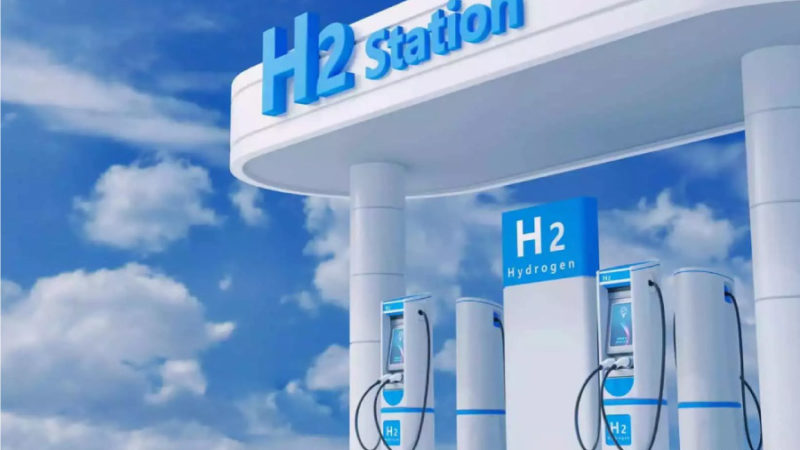Niti Aayog released battery swapping draft policy on Thursday
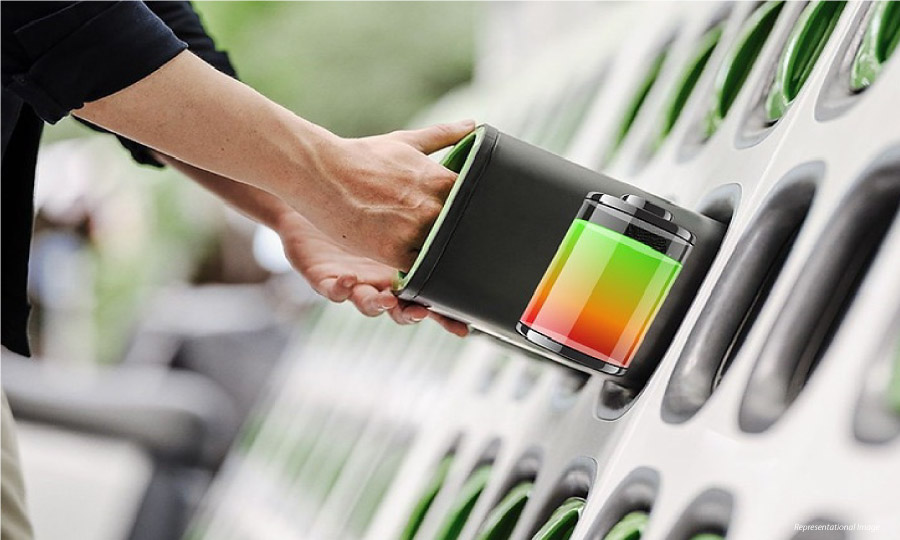
Draft policy proposes selling swappable battery vehicles without batteries, so potential EV owners can take advantage of lower purchase costs.
Niti Aayog, the government think tank, released a draft battery swapping policy on Thursday. Under the draft policy, metropolitan cities with a population over 40 lakh will be prioritised for the development of a battery swapping network, in the first phase.
Considering the growing importance of two-wheeler and three-wheeler vehicle segments in growing cities, the Aayog further notes in its draft policy that all major cities such as state capitals and UT headquarters with population above 5 lakhs will be covered under the second phase.
Draft policy also proposes selling swappable battery vehicles without batteries, so potential EV owners can take advantage of lower purchase costs.
Providing the specified technical, safety and performance standards are adhered to, any individual or entity may set up a battery swapping station.
The Finance Minister had announced in her Budget speech 2022-23 that the Centre would introduce a battery swap policy and interoperability standards in order to improve efficiency in the EV ecosystem because of the limited space in urban areas.
In February 2022, Niti Aayog held an inter-ministerial discussion to formulate a robust and comprehensive battery swapping policy framework, as per an official statement.
Also, a wide range of stakeholders, including battery swapping operators, battery manufacturers, automakers, financial institutions, think tanks, and other experts, participated in an extensive pre draft stakeholder discussion.
Consultations on the draft are being scheduled until June 5. Niti Aayog will accept comments until then.
Connect with Power Insight: Facebook | LinkedIn | Twitter


